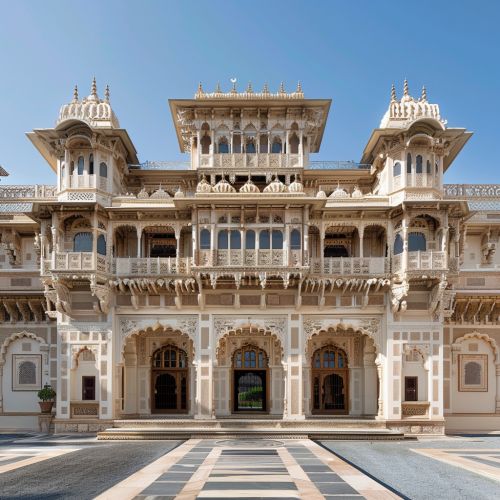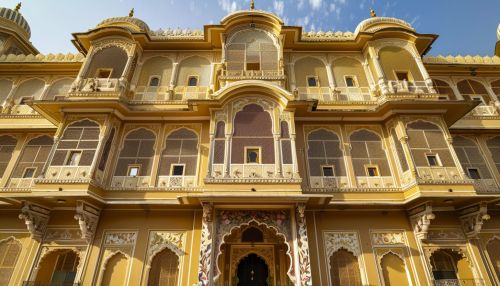Monarchy
Overview
A monarchy is a form of government in which a single person holds supreme authority in ruling a country, also known as a monarch. Monarchs usually hold their position for life or until abdication, often inheriting the throne by birth. Monarchies are one of the oldest forms of political organization, with historical examples dating back to ancient Sumer and Egypt.


Characteristics of Monarchy
Monarchies are characterized by the centralization of power in a single individual, who is often vested with absolute authority. The monarch's powers may be either limited or absolute, depending on the constitutional framework of the country. In a constitutional monarchy, the monarch's powers are limited by law or a formal constitution, while in an absolute monarchy, the monarch has unrestricted political power over the sovereign state and its people.
Types of Monarchy
There are several types of monarchy, each with its own unique characteristics and variations.
Absolute Monarchy
An absolute monarchy is a form of monarchy in which the monarch holds supreme autocratic authority, principally not being restricted by written laws, legislature, or customs. These are often hereditary monarchies.
Constitutional Monarchy
A constitutional monarchy is a form of monarchy in which the monarch exercises authority in accordance with a constitution. Constitutional monarchies often function within the parameters of an established legal framework, which outlines the powers and limitations of the monarch.
Elective Monarchy
An elective monarchy is a monarchy in which the monarch is elected or appointed by a small group of people, rather than inheriting the throne by birth. This form of monarchy is relatively rare in the modern world, but was more common in the past.
Monarchy in History
Monarchy has been a common form of government throughout history. It was the prevalent form of government across the world until the 19th century, when republics became more widespread.
Ancient Monarchies
The concept of monarchy originated in prehistoric times and was used by most ancient civilizations. Ancient monarchies, such as those in Egypt, China, and India, were often theocratic, with the monarch serving as both the head of state and the supreme religious authority.
Medieval Monarchies
During the Middle Ages, monarchy was the most common form of government in Europe. The monarchs of medieval Europe, such as the kings of England, France, and Spain, often ruled with absolute power.
Modern Monarchies
In the modern era, monarchies have become less common, with many countries transitioning to republican forms of government. However, some countries, such as the United Kingdom, Spain, and Japan, have maintained their monarchies, albeit in a constitutional form.
Monarchy Today
Today, there are still around 44 sovereign nations in the world that are monarchies, including 16 Commonwealth realms that recognize Queen Elizabeth II as their head of state. Monarchies remain a significant part of the political landscape, particularly in the Middle East.
Criticism and Support
Monarchy as a form of government has both critics and supporters. Critics often argue that monarchy is inherently undemocratic and can lead to abuses of power, while supporters contend that monarchy provides stability and continuity, and can also serve as a unifying symbol of national identity.
